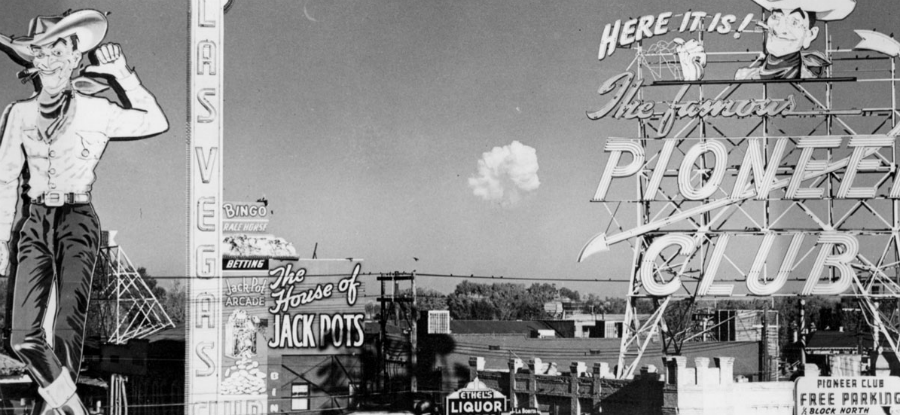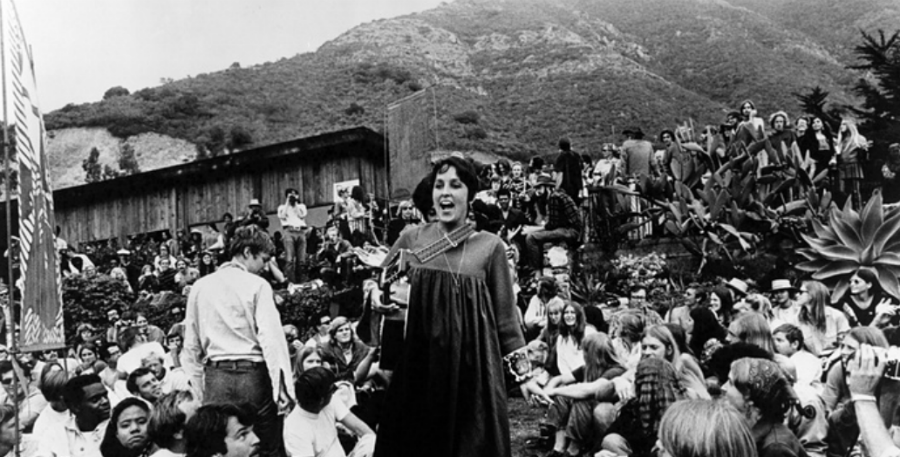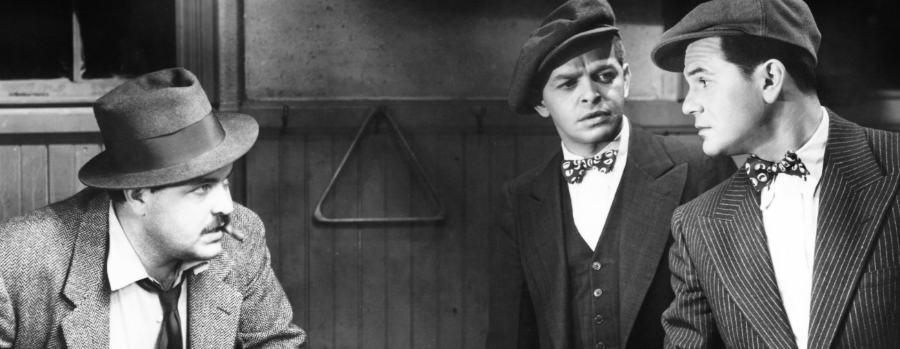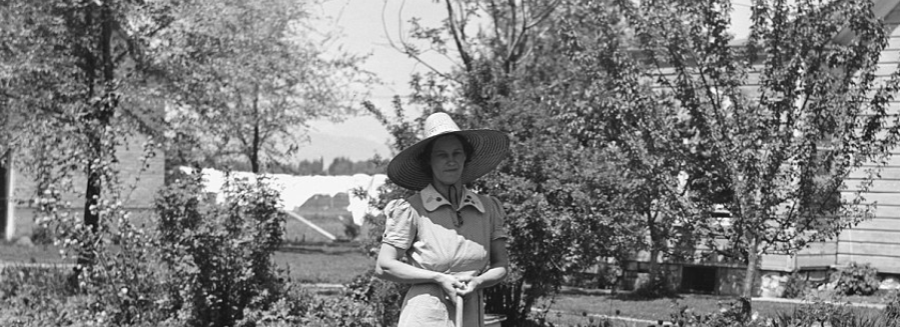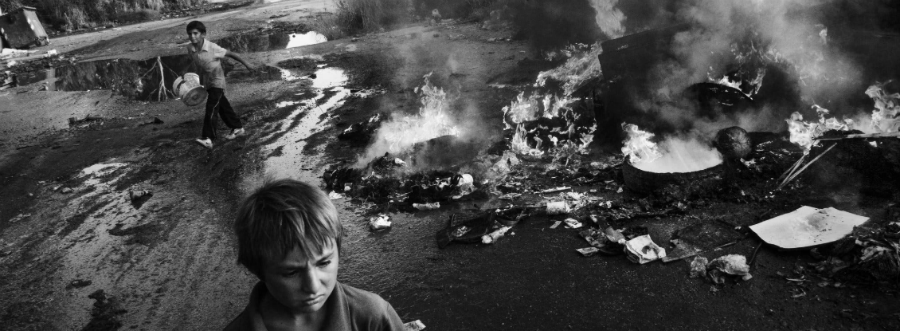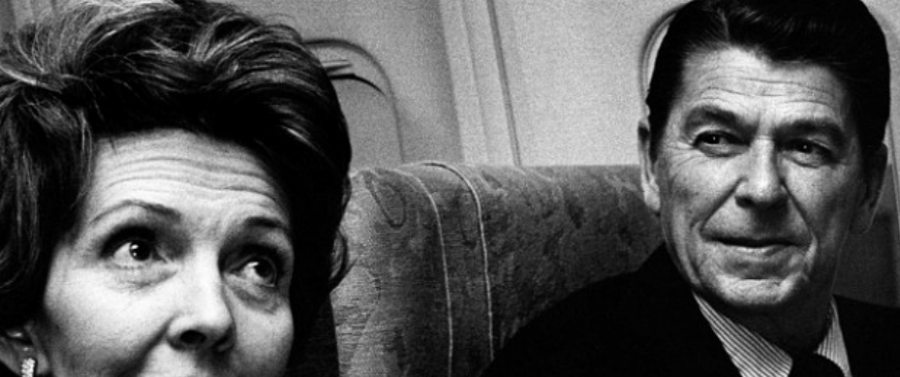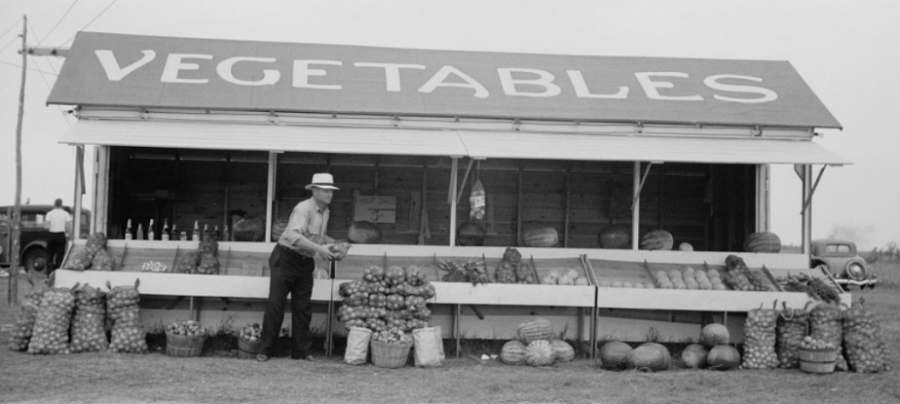2018 Reading List: Retrospective Selects
2019-07-09 19:13:47.938356
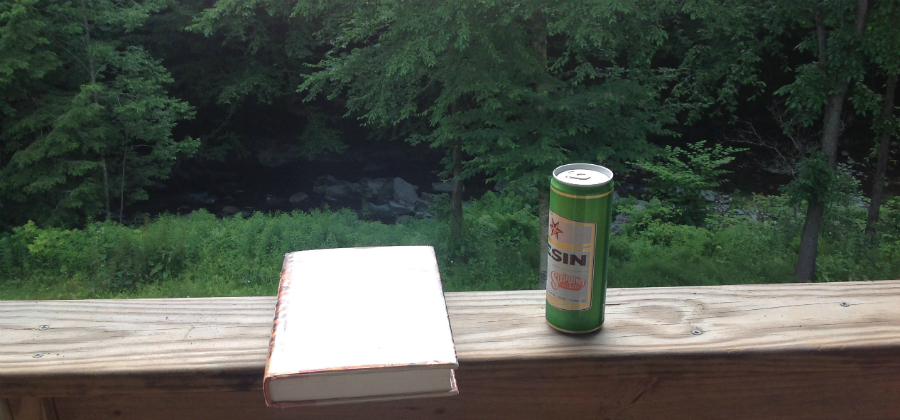
Considering this is coming out in the middle of Summer 2019, what follows is my most speculative Reading List to date. Perhaps it would have been better to let 2018 pass by, but the fact is my reading habit has accelerated in the past 18 months -- look at that fucking porch, bud -- and verily, my cup runneth over.
So here's the best of the books I was starting, finishing or buying this time last year, plus a few I was struggling through past Christmas. All of them are worth your time.
The Money and The Power, Sally Denton & Roger Morris. This was definitely the single Best Book I finished in 2018. The authors take on a staggeringly huge task and get it done efficiently. In the process, they’ve crafted an essential American history, an education that will help you better understand both our politics and our culture. To emphasize, Sally Denton is a top tier writer and actual journalist, and her catalog is all gems: I also enjoyed The Profiteers, her brutal but fair history of Bechtel, and her Bluegrass Conspiracy history of organized crime in the South is hilarious & important.
The Making of a Counterculture, Theodore Roszak. I’ve picked around paperback copies of this before, but finding a cheap first edition hardcover is what finally got me to read it. That may have been for the best, because I think my past five years of reading put me in a much better place to appreciate Roszak’s sweeping book, which is something of a masterpiece. While The Cult of Information was more focused and much more cutting, I feel that this is still the better of the two. Although this is steeped in 60’s minutae and cultural footnotes, somehow it has barely aged.
The Politicial Economy of International Relations, Robert Gilpin. It probably took me all of 2018 to read this, and then some. This is a dry, slow slog of a book, but damn, I learned a lot. This is a high level insider talking shop about how financial globalization got negotiated -- and manipulated. Even though I stopped often to re-read passages or whole chapters, I’d still recommend this for readers hungry for an introduction to the topic. It’s a wall of information but it’s thorough and concise, too.
The Old Boys, Burton Hersh. I put off attacking this book for way too long, much like Ruth Benedict’s Patterns of Culture, which I read around the same time. The two titles turn out to be similar projects in tribal anthropology. The subject of Hersh’s study just happens to be the tribe the formed the OSS and managed its transition into the CIA. He dishes like a gossip columnist and this book improved my understanding of the ruling class. It is certainly one of the best books on the Langley Financial Complex I’ve read so far.
Forbidden Science Vol. 4, Jacques Vallee. The title is quite hokey but Forbidden Science has been Vallee’s personal disclosure project, self-publishing his mammoth memoirs, which span decades. The biggest surprise here is the fact Vallee turns out to be a gifted author. His UFOlogy books are of course clean and clear, but the man who emerges here is a true Rosicrucian adept, a mind out of time. The other big surprise has been his escalating exposure of all manner of spook bullshit. That trend continues with Vol. 4, which was often so hilarious I had to put it down and recover.
Overgrown: Practices between Landscape Architecture and Gardening, Julian Raxworthy. In a random accident on the fringes of the publishing industry, I found a galley copy of this and loved it. The book is absolutely packed with ideas and insights, and I would put this on par with titles like the Edible Forest Gardens set. (Or, to plug a Vermont local, Ben Falk’s The Resilient Farm and Homestead.) Even those of you unfortunate enough to live in cities will find plenty of inspiration and practical projects. Also, of course, it’s a beautiful looking book, page after page.
Poisoning For Profit: The Mafia and Toxic Waste in America, Alan Block & Frank Scarpitti. This was like a collaboration between Ralph Nader and Nic Pizzolatto. Nearly everyone in this story is a criminal, and nearly all of them get away with everything. Along the way, good cops and honest regulators get ground into hamburger, low-rent hoods turn into respectable businesses, overlapping investigations sabotage each other, and millions of people get cancer. If you’re looking for a feel-good beach book, you couldn’t do any better. Alan Block’s work -- all of it -- is mandatory reading for anyone researching organized crime in America.
Dark Victory: Reagan, MCA and the Mob, Dan Moldea. That same blanket recommendation applies to Dan Moldea, who is still alive and doing work despite endless rumors that the NFL whacked him. His work has been pretty much fearless and it would be a headache to pick a single best title from his long career. But Dark Victory is definitely top three, synthesizing much of his earlier work into a tight narrative of corruption, collusion and Ronald Reagan being a weak, vain, pliable man. Frequently unbelievable and meticulously footnoted.
The Lean Farm, Ben Hartman. I’ve encountered the work philosophy of Taiichi Ohno through several different industries now, and I’m always impressed by it. There’s something pathological about Taylorism to me, but the grace and simplicity of Ohno’s ideas, later dubbed “Lean” by Americans with MBAs, is both profound and easily applicable to other areas of your life. Hartman’s book is an excellent introduction to the system. About halfway through this, it hit me that it may be one of the finest business books I’ve read, period. Farm stands are not just an easy business model to envision, they’re also easy to translate. Anyone with with a business, or even just a complex, over-stuffed workspace, could improve their lives by reading this.
